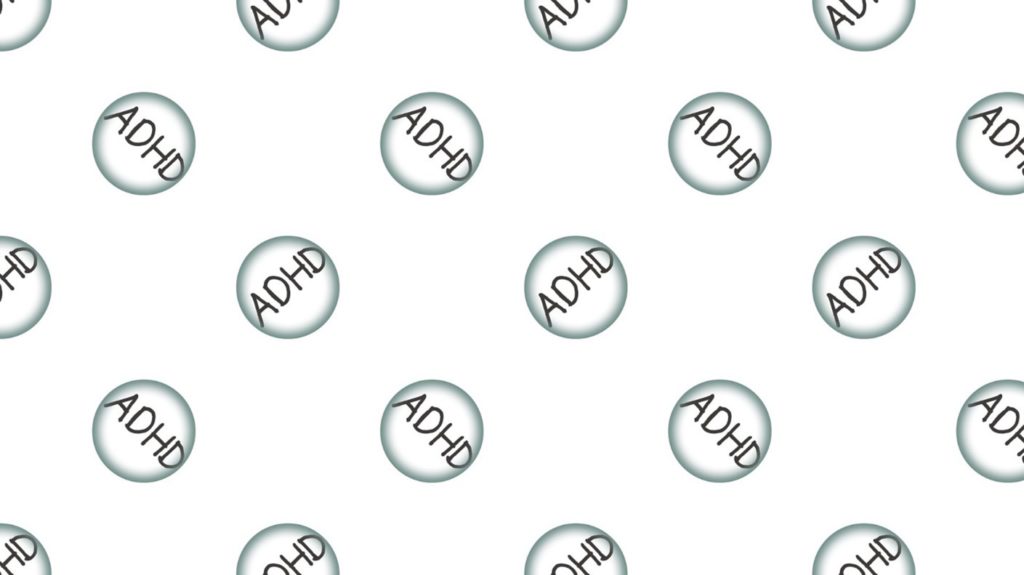Supernus Pharmaceuticals’ Qelbree was approved by the FDA on Friday. Qelbree is the newest nonstimulant ADHD drug for adults after two decades.
Attention deficit hyperactivity disorder (ADHD) is one of the most established psychiatric disorders found in children and can be diagnosed at 3 years of age. The common symptoms of ADHD include lack of attention, hyperactivity and increased impulsivity. The condition was believed to be “grown out of” when the affected individual enters adulthood, but long-term neurobehavioral investigations into adulthood determined that up to 90 percent of individuals with ADHD in childhood will have ADHD as adults. Approximately 10 million adults in the US have ADHD.
The US Food and Drug Administration (FDA) has approved two classes of drugs for the treatment of ADHD: stimulants and nonstimulants. Although stimulants are recognized as the most effective and fast-acting category, they have the downsides of abuse and addiction when compared to the nonstimulant drug category. There are four FDA-approved ADHD-specific nonstimulant drugs, namely Eli Lilly’s Strattera (atomoxetine), Shionogi’s Kapvay (clonidine), Takeda’s Intuniv (guanfacine) and now Supernus’ Qelbree (viloxazine). In 2002, Strattera became the first FDA-approved nonstimulant drug to treat ADHD in adults. The efficacy of Strattera was shown by a clinical trial involving 270 adults.
XTALKS WEBINAR: Cultural-Linguistic Considerations for Successful Cognitive Endpoint Assessment in International CNS Clinical Trials
Live and On-Demand: Thursday, June 16, 2022, at 11am EDT (4pm BST/UK)
Register for this free webinar to learn the considerations for successful cognitive assessment in global trials and share how clinical trial teams can benefit from local expert clinicians supporting their CNS research.
Qelbree as a Potent ADHD Treatment for Adults
Qelbree was approved by the FDA on Friday and is the newest nonstimulant ADHD drug for adults after two decades. The approval was given to Supernus Pharmaceuticals, Inc., a biopharma company focused on the development of drugs for the treatment of central nervous system (CNS) disorders. The pharmacological action of Qelbree is thought to be that the drug interacts and binds to the norepinephrine transporter, thereby inhibiting norepinephrine reuptake.
Similar to the earlier FDA-approved Strattera, Qelbree has been clinically proved to be efficient in the treatment of children, adolescents and adults with ADHD. Qelbree has excelled in clinical studies as it demonstrated prominent safety, drug tolerability and has no evidence of abuse potential.
Jack Khattar, President and CEO of Supernus Pharmaceuticals, has stated in the company’s press release that “As a leader in the field of CNS, we are fully committed to better understanding how to treat complex diseases such as ADHD.” Khattar also added, “Today’s approval marks a major advancement in the treatment of ADHD and is an important milestone just one year after the approval of Qelbree to treat pediatric patients. We are proud to bring a new novel nonstimulant option for adults into the market after two decades.”
Qelbree Clinical Trial Conclusions
Four clinical trials were performed to study the efficacy of Qelbree. The assessment done on children six to 11 years of age prescribed with 100 mg and 200 mg daily doses indicated a statistical significance in ADHD symptom score reduction at the onset of week one. In the study with adolescents 12 to 17 years of age administered with 400 mg/day, there was a prominent symptom score reduction at the start of week two. In the flexible-dose study in adults, statistically significant ADHD symptom score reductions were observed during the commencement of week two.
Related: Akili Launches Digital Ad Campaign for First FDA-Approved ADHD Video Game
Recommended Dosage of Qelbree and Its Side Effects
The advised daily dosage of Qelbree in adults ranges from 200 mg to 600 mg. Pediatric patients six to 11 years of age are suggested to consume 100 mg once daily. After studying the response in the affected pediatric patient, the dosage can be increased by 100 mg on a weekly basis and not exceeding 400 mg/day. In case of children 12 to 17 years of age, the initial dosage is 200 mg/day and can be elevated after one week by a 200 mg increment and not exceeding 400 mg/day.
Qelbree, despite being an efficient and nonstimulant drug, can have its side effects on patients. It has been reported to increase blood pressure and heart rate. The drug can also induce manic episodes, sleepiness, tiredness, nausea, decreased appetite and other side effects. The news release also indicated that the drug may induce suicidal thoughts in both children and adults, particularly in the first few months of treatment or if the dose is altered. Thus, it’s advised to monitor behavioral changes during the drug consumption period.








Join or login to leave a comment
JOIN LOGIN